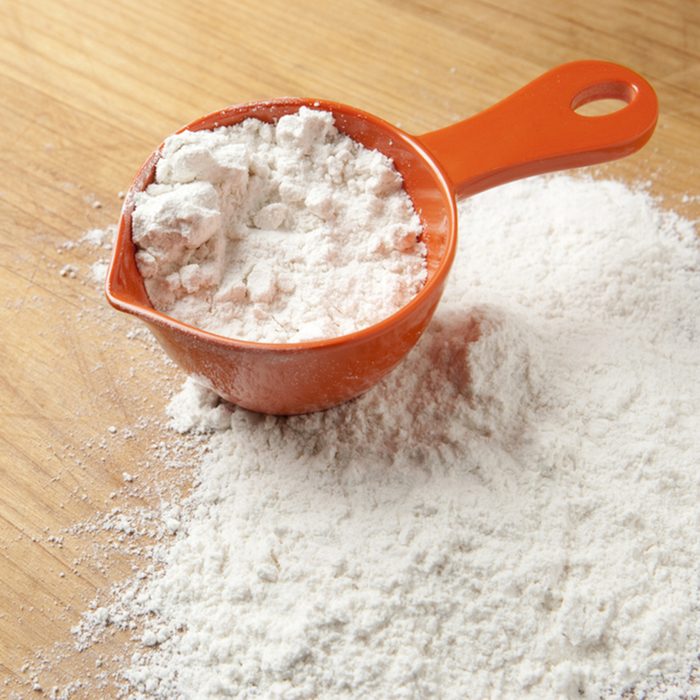
Flour
Something like flour should last forever, right? Wrong! In general, you can keep it for six to eight months past its “best by” date, but whole wheat flour will go rancid more quickly because of the essential oils from the grain. If it has an unpleasant odor or taste, it’s time to throw the bag away. Learn if the flour goes bad with time.
Not sure what kind of flour to use? Check out our essential flour guide.
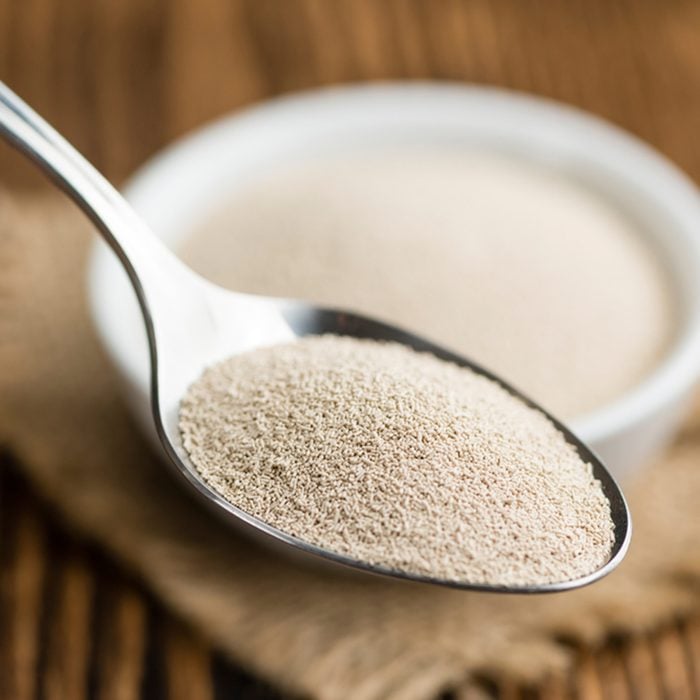
Yeast
Did you know that yeast is actually a living organism? So it makes sense that older yeast would be slower to rise. You can hold onto the packets for a few months past their printed expiration date, but you should use them within six months of opening the package. If the yeast turns dark brown and clumps together, it’s definitely past its prime.
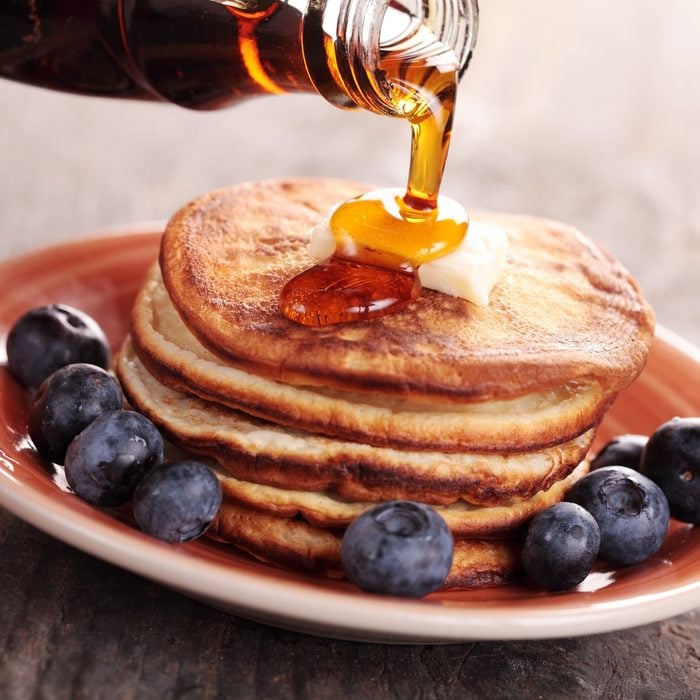
Maple Syrup
You have probably heard that maple syrup never spoils—which is kind of true. You can store an unopened jar of maple syrup indefinitely. But once it’s open, mold can grow on the good stuff in about two years. Your best bet is to keep open syrup in the refrigerator.
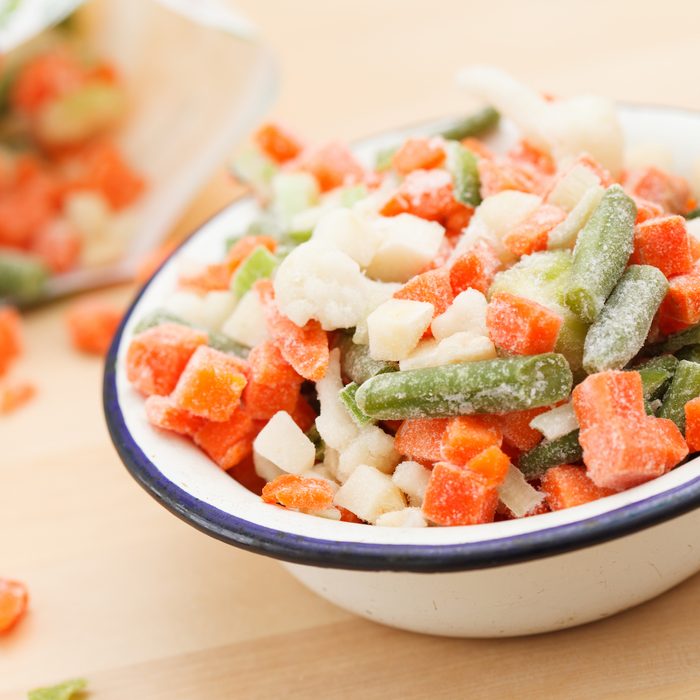
Frozen Vegetables
You can keep bags of frozen vegetables in the freezer for months, but for fresh-tasting pea, corn and carrots, eat them a couple weeks after purchase. You don’t want to risk having a stash of freezer-burnt vegetables—they’re safe to eat but the flavor will be off.
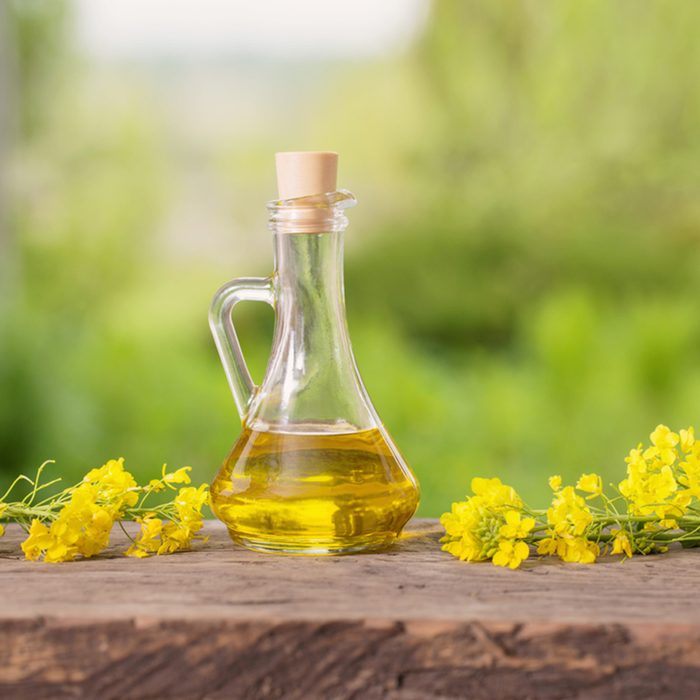
Canola oil
If stored properly, opened canola oil can last as long as a year, but bad storage conditions can cause this type of oil to go rancid long before that. Keep it in a cool, dry location away from the stove, as warm environments will give the oil an unpleasant flavor and aroma. Confused about cooking oils? Bookmark this guide!
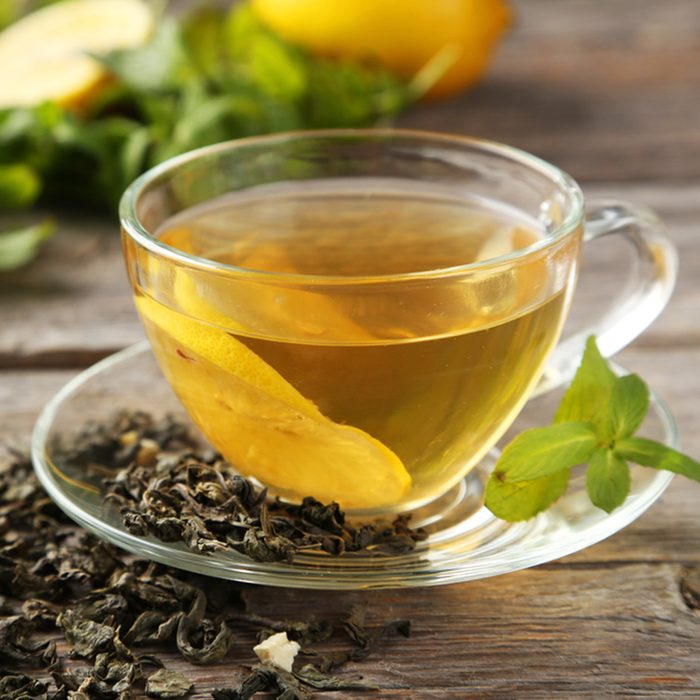
Tea
If you’re a daily tea drinker, you probably won’t find any expired tea in the pantry. But those of us who only drink tea when we’re sick might be surprised to learn that it loses its quality after two years. If you can’t drink it fast enough, you can always store it in the freezer to extend the shelf life.
Use your tea bags up quick with these surprising recipes that call for a cup.
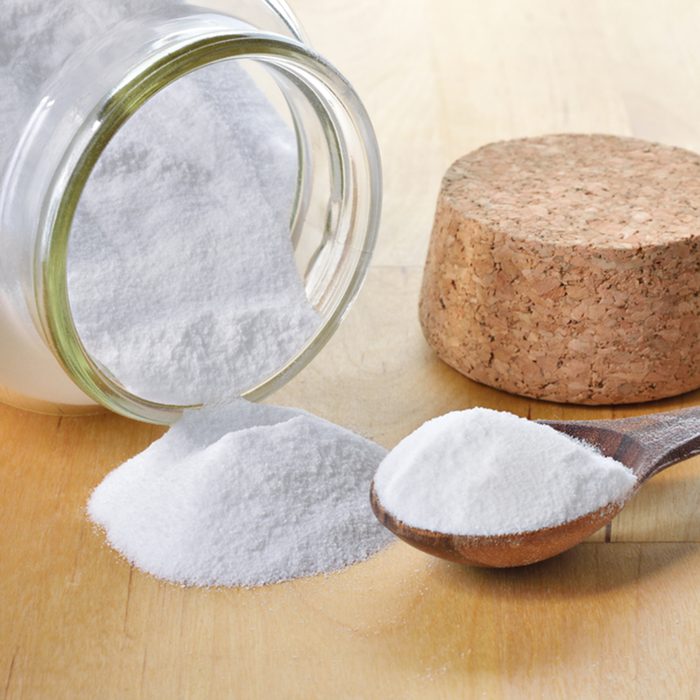
Baking Powder
Salt and baking soda will last forever, but baking powder loses its leavening abilities after about a year. Not sure if it’s still good? Combine a teaspoon of baking powder with 1/2 cup of hot water. If it bubbles, you’re good to go! If not, you’ll need to head to the store or create an on-the-fly baking powder substitute.
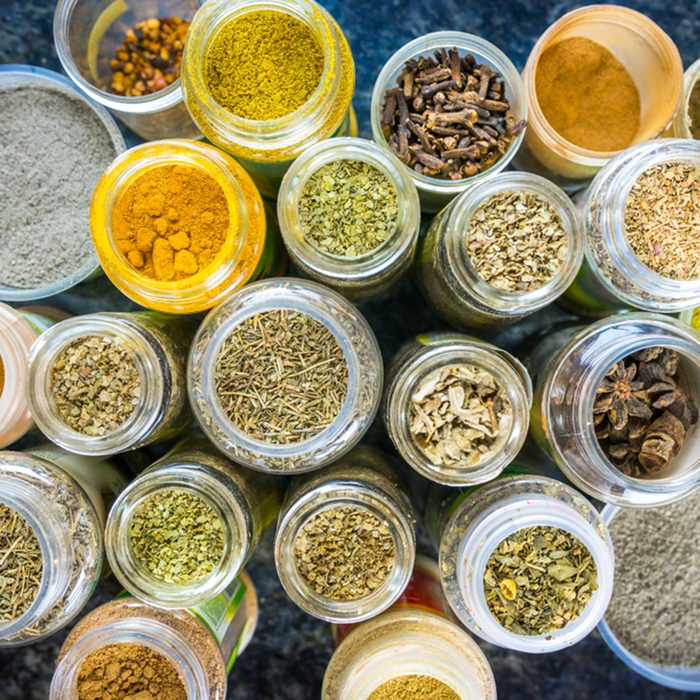
Dried Spices
The shelf life of your spices really depends on whether they’re ground or whole. As a general rule, consider replacing green spices and herbs (like oregano and thyme) after a year, ground spices every two years and whole seeds and peppercorns every three to four years.
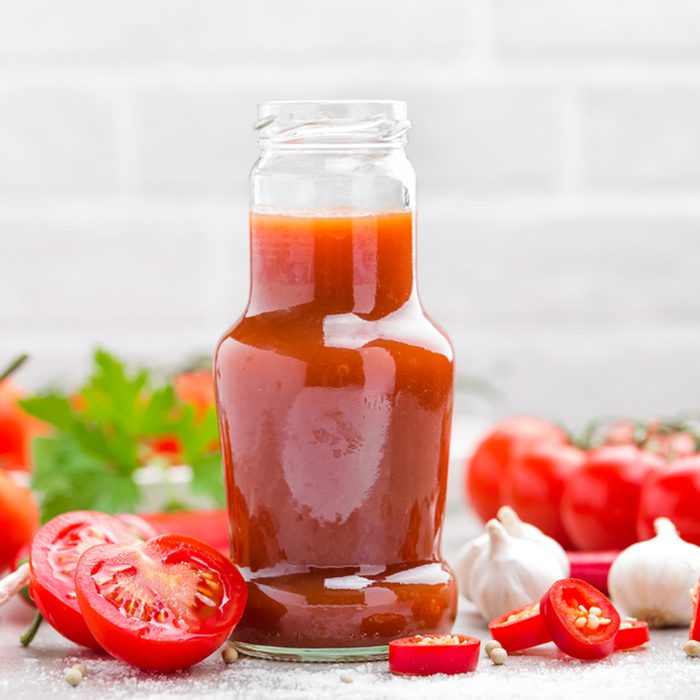
Ketchup
While ketchup is safe long past its “best buy” date, the quality starts going downhill once the liquid separates (about four to six months after being opened). For best flavor, store opened ketchup in the refrigerator and toss unopened bottles a year after the printed date.
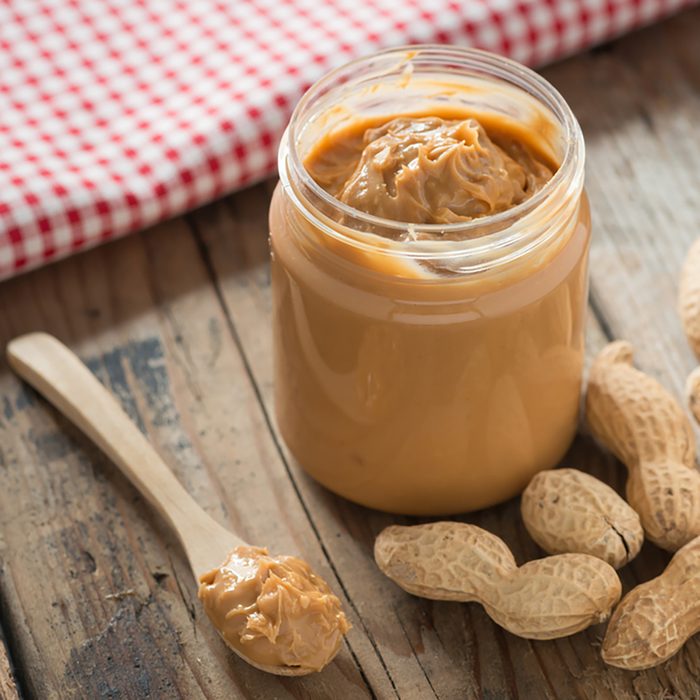
Peanut Butter
Natural peanut butter is the best, but it only lasts about three months unopened in the pantry. You can extend the shelf life to six months by storing it in the refrigerator, which is the same amount of time your processed peanut butter (like Jif) will last after it’s been opened.
(Psst: This simple trick will save you from stirring your peanut butter.)
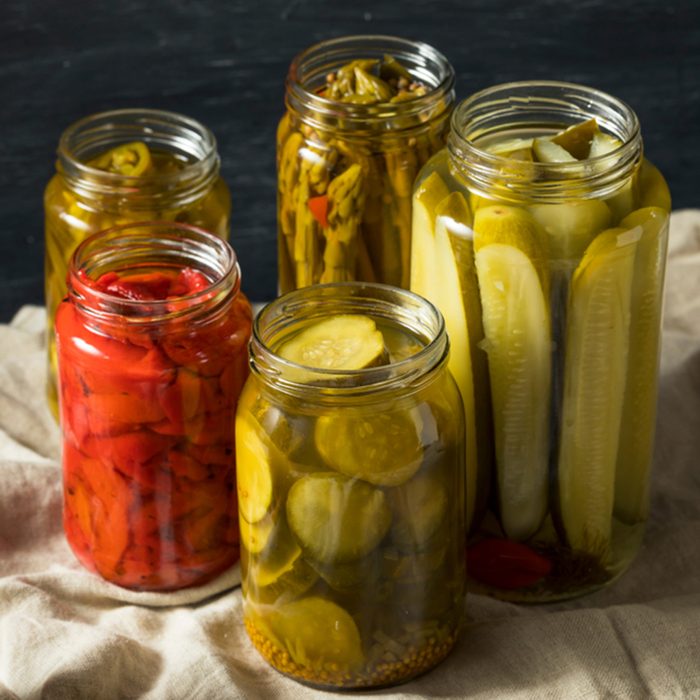
Pickles
Pickles are a great way to preserve vegetables, but they don’t last forever. If you always use a clean utensil to grab the pickles instead of your fingers, the opened jar should last as long as two years in the refrigerator. But, they will begin to lose their crispy texture after about a year, and they can go slimy, soft or get a black film if they’re contaminated with bacteria.
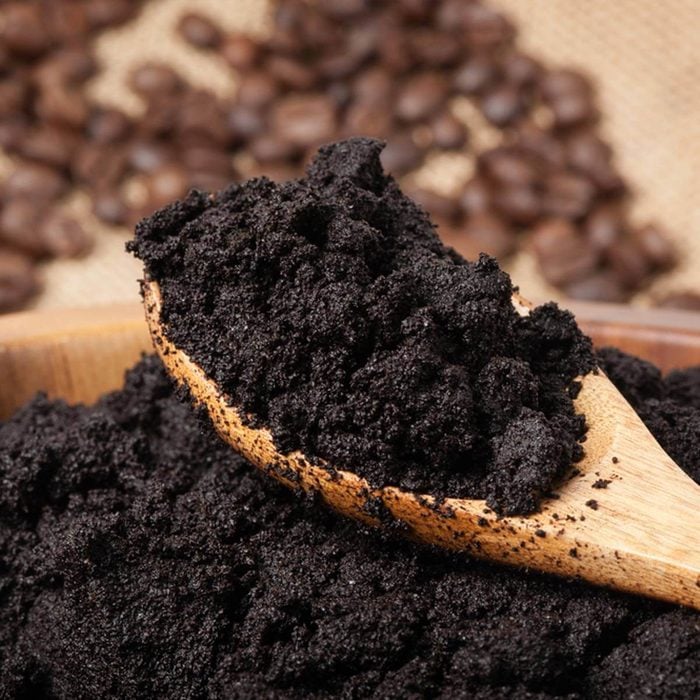
Ground Coffee
Coffee doesn’t exactly go bad, but it will lose its luster within a week of being ground. Grinding too much coffee at once is a common mistake everyone makes when brewing coffee! You can store whole coffee beans in the pantry for up to six months (or, in an air-tight container in the freezer for two years).
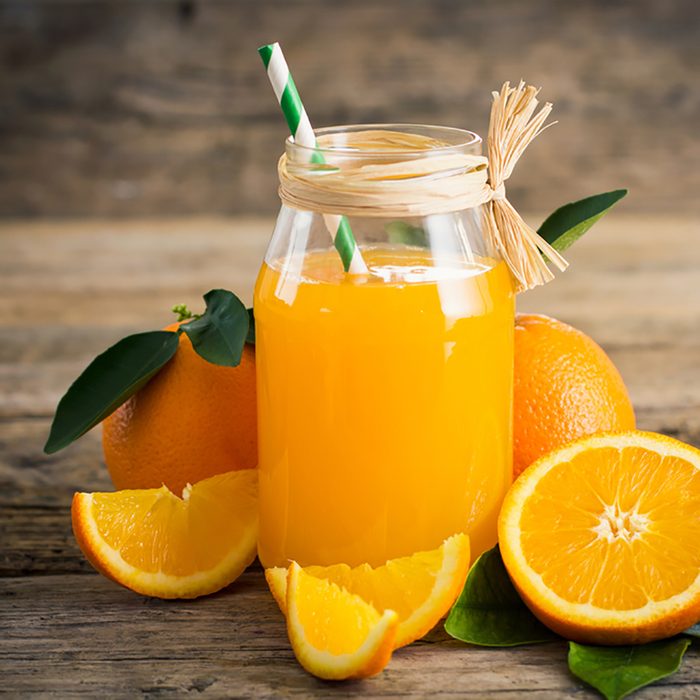
Juice
After opening, store-bought juice will last five to seven days in the fridge, but freshly squeezed juice isn’t pasteurized. It can become contaminated with bacteria in as little as 48 hours! If your juice is discolored or smells sour, toss it out (and definitely get rid of it if you see mold).
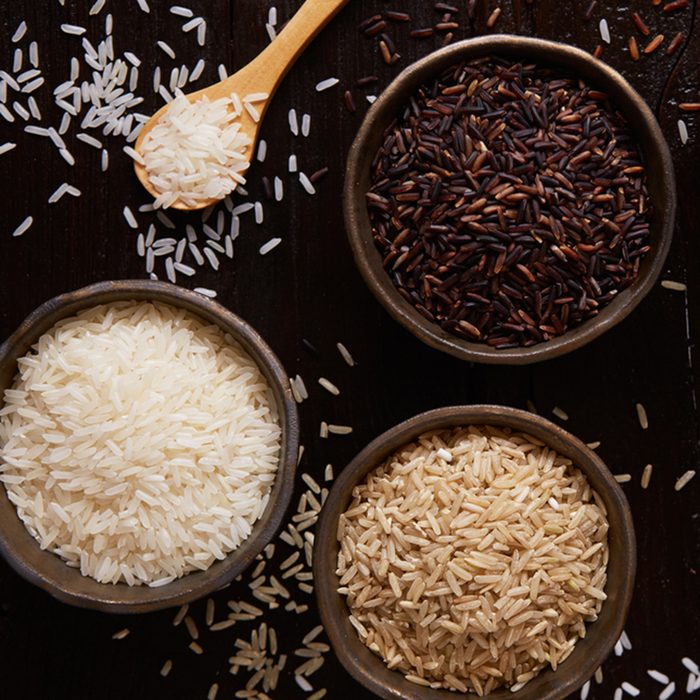
Rice
If you’re not storing your rice in an oxygen-free environment at temperatures below 40° F, it will expire much more quickly than you’d expect. White rice is fine in the pantry for a few years, but brown rice and wild rice can become oily and smell off in as little as six months.
Check out our beginner’s guide to preparing all kinds of rice.
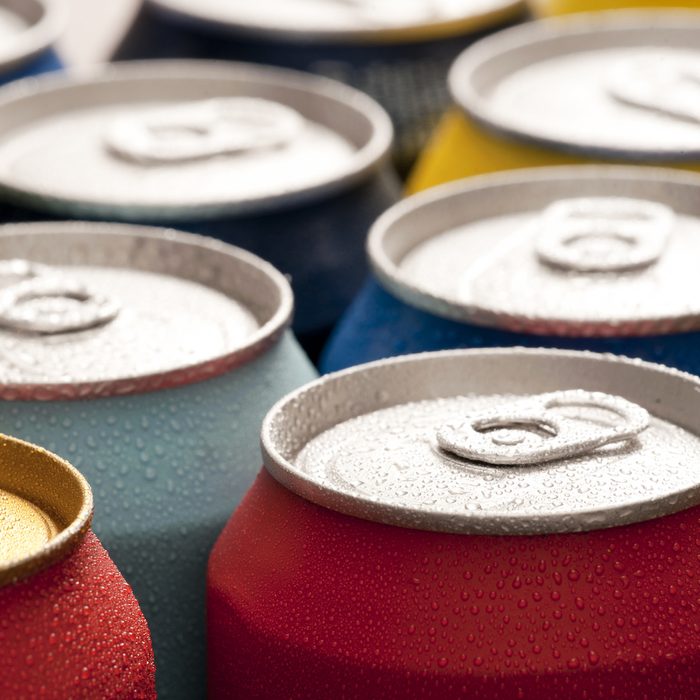
Soda
It’s usually safe to drink unopened cans and bottles of soda 6-9 months past the “best by” date. The soda may lose its fizz or flavor, though. (See the other soda secrets Coca-Cola isn’t telling you.)
